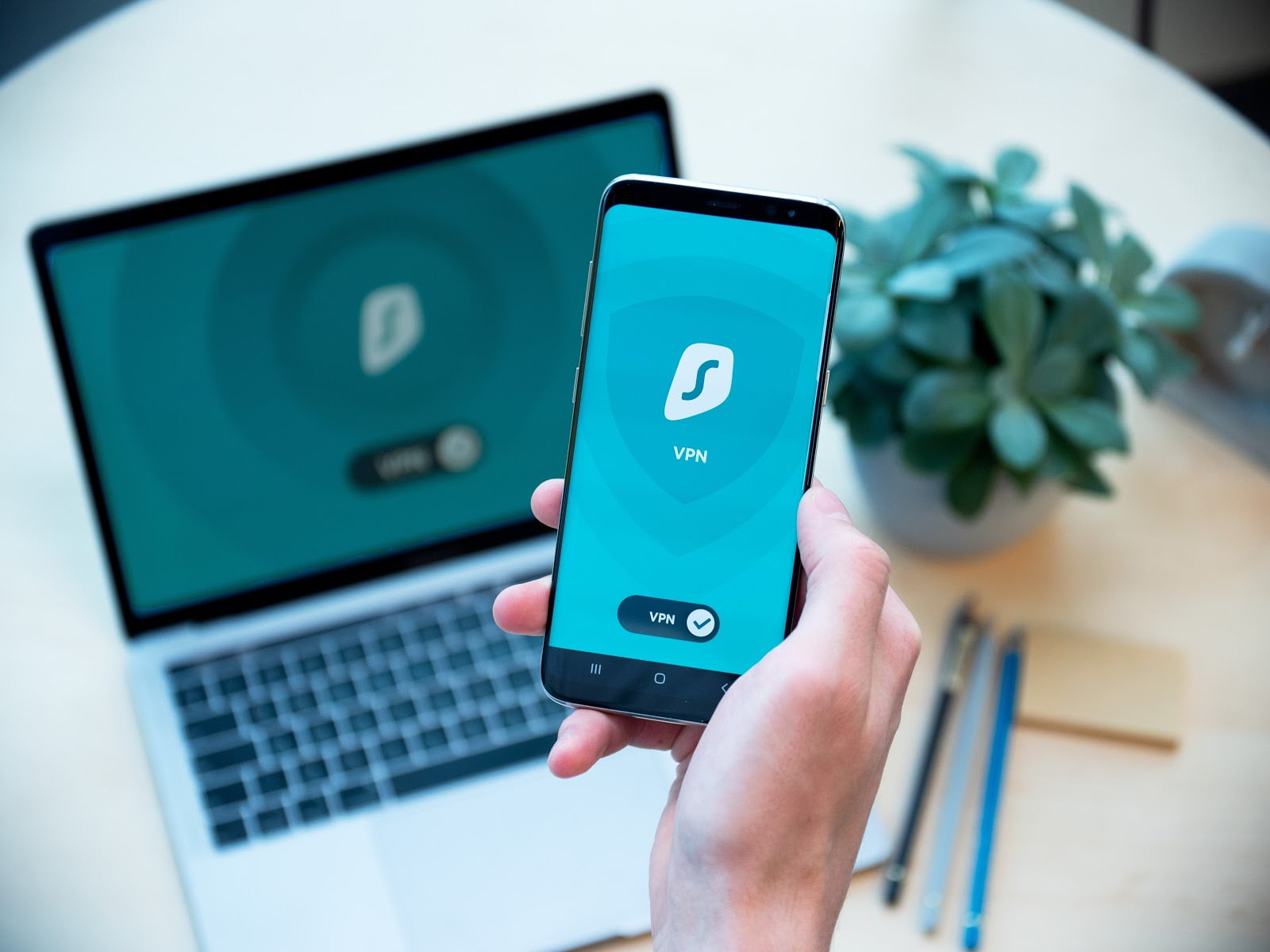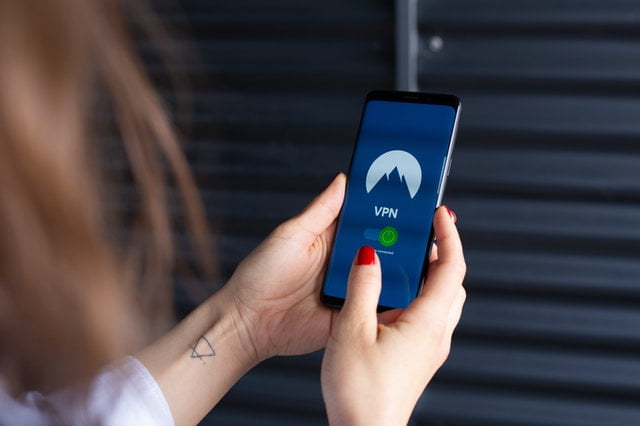Picking the right VPN is all about deciding on the features that matter most and weighing these up against the cost of the subscription. There are lots of different features to get your head around, and it can be a bit of a minefield for novices or self-proclaimed tech illiterate folks. The following article will aim to simplify the decision-making process by highlighting five key things to look out for when choosing your VPN.
1. Servers
VPNs work by creating encrypted data tunnels from the user to a server from the provider. VPNs need multiple servers in order to cope with the high amounts of traffic and the high amount of users. The best VPN services will state how many servers they use. The more servers, the larger your bandwidth should be, and the faster speeds you’re likely to get as a result.
The location of the servers is also something worth bearing in mind. Nearby VPN servers will likely have better connections and reduce lag in gaming. Meanwhile, servers in other countries can overcome geo-blocking restrictions and allow you to access materials you wouldn’t ordinarily be able to access. This is especially useful when using streaming services like Netflix, since they host some shows and movies in certain countries but not others.
2. Data Caps
Many internet service providers have unlimited data plans — but this is not necessarily the case with VPN services. Some VPN providers will have a free package and a paid package. The cost-free package often comes with restrictions on internet use in the form of a data cap. You can find that these data caps are quite lenient, so it’s worth shopping around and having a look before committing to a paid-for service.
3. Connected Devices
Many VPN users are keen to connect all their devices at once. The trouble with this is that most VPN services will have a cap on how many devices can be connected at any one time. This may be dependent on the type of package you’re subscribed to, so make sure to have a close look at this before paying.
Many VPN providers will offer up to five connections for your various devices. However, there are some VPNs with an unlimited amount of connections on offer so make sure to look out for these if this is important to you. In addition to this, some VPNs make setting up a home network easier than others. Look out for VPNs that support Linux if you have any devices using this operating system. Not every VPN will support all operating systems, so this is a very important consideration.
4. Privacy
VPNs are great for privacy but they do not grant you total anonymity online. User data is held for a given period of time and can be given to authorities if they are asked for. The policies on what VPNs keep hold of vary, but each will have login information stored. Some VPNs track and keep user activity for a period of time while others state that they do not keep logs. If privacy is a concern of yours — which it absolutely should be! — then this is worth looking into.
5. Pricing
Perhaps the top priority for many people searching for a VPN is cost. The prices of VPNs naturally vary. There are plenty of free plans with lots of great inclusions in their subscription plans, and these can be perfectly serviceable depending on your needs.
In terms of paid services, longer-term plans come with discounts that will save you money if you intend to use VPNs for the foreseeable future. Some VPNs even offer lifetime subscriptions that can save you a lot of money in the long run but will naturally cost considerably more upfront.


